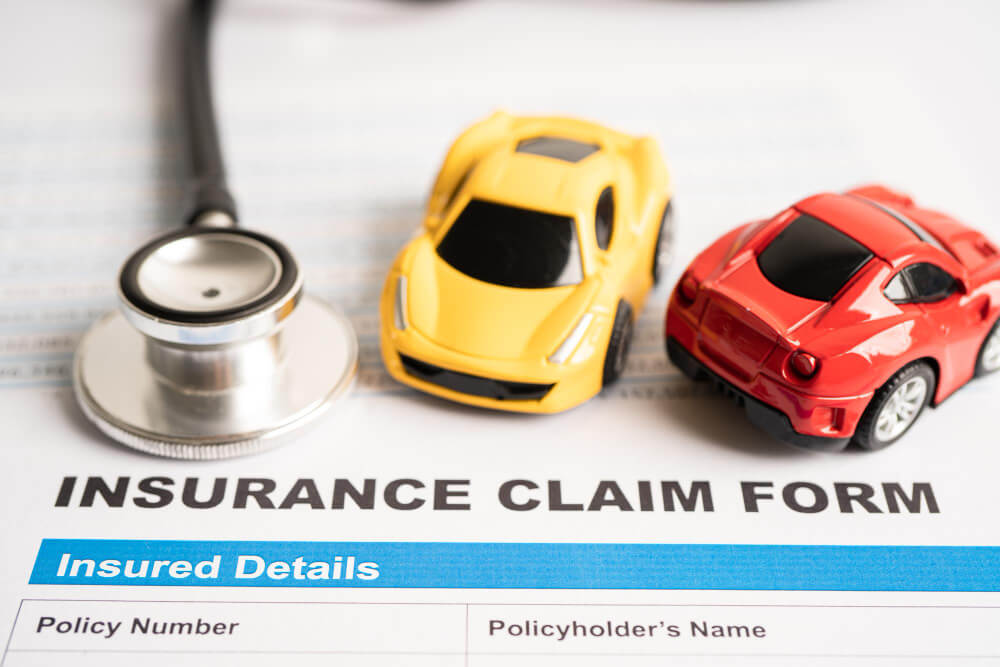
Navigating car insurance laws in Texas can be daunting, especially with specific requirements and regulations designed to protect both drivers and pedestrians. Whether you're a new driver or simply need a refresher, understanding Texas car insurance laws is crucial for staying compliant and avoiding costly penalties. This guide provides a comprehensive breakdown of Texas car insurance laws, covering minimum requirements, legal responsibilities, and tips for ensuring you're adequately covered. For a deeper dive into choosing the best providers, check out our Comprehensive Guide to Car Insurance in Texas.

Why Car Insurance is Mandatory in Texas
Car insurance serves as a financial safety net in the event of accidents. Texas law mandates minimum insurance coverage to ensure all drivers can cover damages or injuries they may cause. Without this requirement, many drivers would face severe financial burdens, leaving victims without compensation.
Minimum Car Insurance Requirements in Texas
Texas follows the 30/60/25 rule for liability insurance, which includes:
- $30,000 for bodily injury per person.
- $60,000 for bodily injury per accident.
- $25,000 for property damage.
What Does This Cover?
Liability insurance covers:
- Medical bills and lost wages for the injured party.
- Repair or replacement costs for the damaged property.
- Legal fees if the accident results in a lawsuit.
Why You May Need More Than the Minimum
While meeting the 30/60/25 requirement keeps you compliant, it may not fully protect you in major accidents. Costs can quickly exceed these limits, leaving you personally responsible for the difference. Consider purchasing higher coverage limits or comprehensive insurance for better protection.
Proof of Insurance Requirements in Texas
What Qualifies as Proof of Insurance?
Texas drivers must carry proof of insurance at all times, which can be presented in the following formats:
- Insurance card issued by your provider.
- Digital proof of insurance (accepted on smartphones or other devices).
When You Need to Show Proof:
- During traffic stops.
- When involved in an accident.
- While registering your vehicle.
- During vehicle inspections.
Failure to provide proof can result in fines, vehicle impoundment, and other penalties.
Penalties for Driving Without Insurance
Driving without insurance in Texas is a serious offense. Penalties include:
- Fines: Ranging from $175 to $1,000 for repeat offenses.
- License Suspension: Your license may be suspended until you provide proof of insurance.
- Vehicle Impoundment: In some cases, your vehicle can be impounded.
- SR-22 Requirement: Repeat offenders may need to file an SR-22 certificate as proof of financial responsibility.
Additional Coverage Options in Texas
While liability insurance is mandatory, the state offers additional coverage options for better protection:
1. Uninsured/Underinsured Motorist Coverage (UM/UIM)
- Protects you if you're hit by a driver with no insurance or insufficient coverage.
- Covers medical expenses, lost wages, and property damage.
2. Comprehensive Coverage
- Covers non-collision events such as theft, vandalism, and natural disasters.
3. Collision Coverage
- Pays for repairs or replacement of your vehicle after an accident, regardless of fault.
4. Personal Injury Protection (PIP)
- Covers medical bills and lost wages for you and your passengers, regardless of fault.
Texas’s At-Fault System
Texas operates under an at-fault system, meaning the driver responsible for the accident is liable for all damages. Victims can:
- File a claim with their own insurance company.
- File a third-party claim against the at-fault driver’s insurance.
- Sue the at-fault driver directly for damages.
Why This Matters
Under this system, it’s critical to ensure your liability coverage is adequate. If you’re found at fault and lack sufficient coverage, you could face lawsuits and significant financial loss.
How to File a Claim in Texas
Filing a claim after an accident involves several steps:
- Report the Accident: Notify your insurer as soon as possible.
- Document the Incident: Take photos, collect witness statements, and gather police reports.
- Submit a Claim: Provide all required information to your insurance company.
- Follow Up: Work closely with your insurer to resolve the claim.
Common Myths About Texas Car Insurance Laws
Let’s debunk some common misconceptions:
-
Myth: "If I don’t drive often, I don’t need insurance."
Reality: Even parked vehicles require insurance coverage in Texas.
-
Myth: "Full coverage means I’m covered for everything."
Reality: Full coverage typically includes liability, collision, and comprehensive coverage but may not cover all scenarios.
-
Myth: "If I lend my car, I’m not responsible for accidents."
Reality: In Texas, car insurance follows the car, not the driver. You could be held liable for damages.
Tips for Staying Compliant with Texas Car Insurance Laws
- Review Your Policy Annually: Ensure your coverage meets legal requirements and personal needs.
- Keep Proof Handy: Always carry physical or digital proof of insurance.
- Compare Rates: Shop around to find affordable premiums that meet legal standards.
- Consider Additional Coverage: Evaluate your risks and opt for comprehensive or uninsured motorist coverage.
FAQs About Texas Car Insurance Laws
1. Is car insurance mandatory in Texas?
Yes, all drivers must carry at least the state’s minimum liability insurance.
2. What happens if I let my policy lapse?
A lapse in coverage can lead to fines, higher premiums, and potential license suspension.
3. Can I use out-of-state insurance in Texas?
No, your insurance policy must meet Texas’s minimum liability requirements.
4. Are there any exceptions to the mandatory insurance law?
Only vehicles that are stored or not driven at all are exempt, provided you submit a Texas affidavit of non-use (ANU).
Conclusion
Understanding Texas car insurance laws is vital for protecting yourself and staying compliant with state requirements. From liability coverage to additional options like uninsured motorist protection, having the right insurance safeguards you financially and ensures peace of mind on the road. Regularly review your policy, compare rates, and maintain proper coverage to navigate Texas’s roads with confidence.